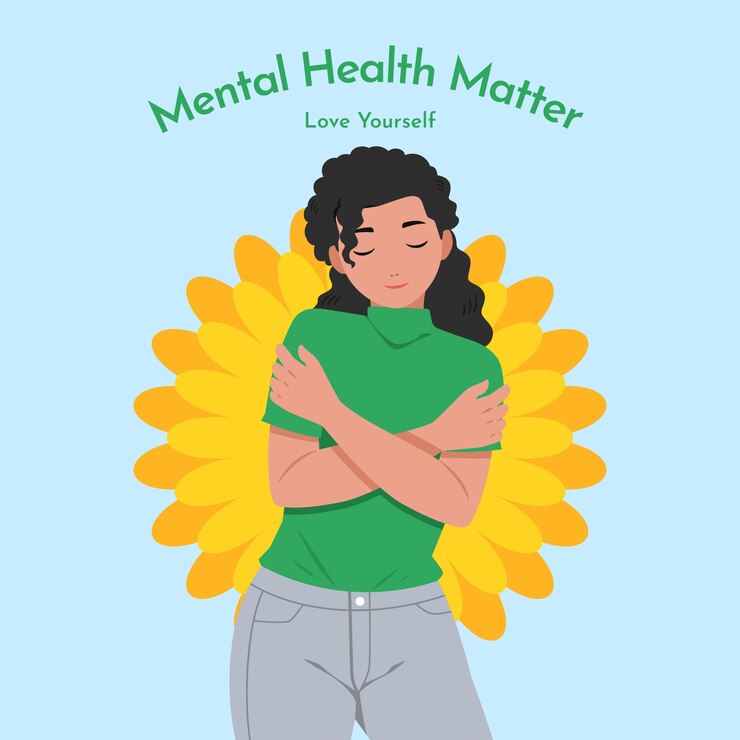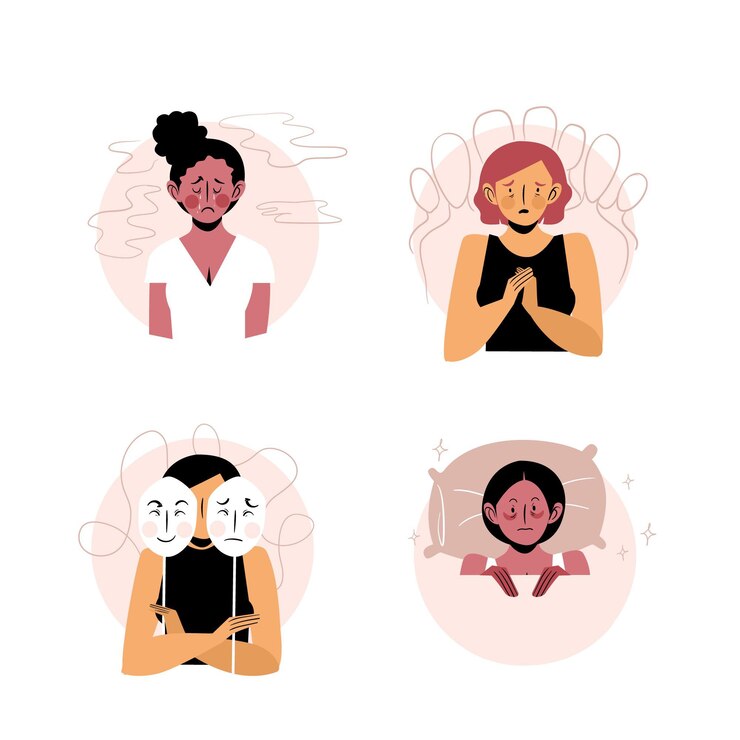Table of contents
Mental health is one of the most important aspects of overall well-being, yet millions of people worldwide struggle with anxiety, depression, stress, and other related conditions. As interest in natural remedies grows, many are turning to CBD and Mental Health as a topic of both curiosity and serious consideration. Cannabidiol (CBD), a non-intoxicating compound found in the cannabis plant, is gaining popularity for its potential role in supporting mental well-being.
In this blog post, we’ll explore the relationship between CBD and Mental Health, look at scientific research, explain how CBD may work, and answer common questions to help you make informed choices.
Understanding CBD and Its Connection to Mental Health

CBD is one of over a hundred cannabinoids found in hemp and marijuana plants. Unlike THC, CBD doesn’t produce a “high.” Instead, it interacts with the body’s endocannabinoid system (ECS)—a complex cell-signaling network responsible for regulating mood, stress, sleep, and emotional balance.
Researchers believe that this interaction is why CBD and Mental Health are so closely linked. CBD may help promote emotional stability, reduce anxiety, and enhance sleep—all of which are critical for maintaining good mental health.
What the Research Says About CBD and Mental Health

Over the past decade, numerous studies have explored CBD and Mental Health. Although more clinical trials are needed, the current body of research is promising:
1. Anxiety Reduction
One of the most well-documented uses of CBD is its potential to reduce anxiety. A 2011 study published in Neuropsychopharmacology found that participants with social anxiety disorder experienced reduced anxiety during public speaking after taking CBD.
2. Depression and Mood Disorders
CBD may influence serotonin receptors in the brain—similar to how SSRIs work—without causing major side effects. While it’s not a cure, it may serve as a supplement to traditional treatment for mood regulation.
3. PTSD Symptoms
Preliminary studies suggest that CBD could help manage PTSD symptoms such as nightmares and flashbacks. In 2019, a study in Frontiers in Neuroscience indicated CBD might reduce learned fear responses and enhance emotional processing.
4. Sleep and Insomnia
Many people with mental health issues also struggle with sleep. CBD has shown potential to improve sleep quality and reduce insomnia, indirectly supporting overall mental health.
5. Addiction and Substance Use
CBD may also help manage cravings and withdrawal symptoms for individuals recovering from substance abuse, which often coexists with mental health disorders.
While these findings highlight the potential of CBD and Mental Health, more high-quality human trials are needed to draw definitive conclusions.
How to Use CBD for Mental Health Support
If you’re considering trying CBD and Mental Health as part of your wellness strategy, here are a few popular ways to take CBD:
- CBD Oil/Tinctures: Fast-acting and easy to dose; placed under the tongue.
- CBD Capsules: Ideal for consistent, daily use.
- CBD Edibles (Gummies, Chocolates): Convenient and enjoyable.
- CBD Vapes: Offer quick relief, but not recommended for individuals with respiratory conditions.
- Topicals: Useful for physical tension that may accompany stress or anxiety.
Start low and go slow—begin with a small dose (10–20 mg per day) and adjust as needed. It’s also wise to consult your healthcare provider, especially if you’re taking other medications.
Real People, Real Results
Many individuals have shared how CBD and Mental Health have made a positive impact on their lives:
“CBD has helped me control my anxiety during stressful meetings. It doesn’t make me feel high, just more grounded.” – Ethan, 29
“I sleep better, and I’m less irritable during the day since I added CBD oil to my nighttime routine.” – Samantha, 41
“As someone recovering from trauma, CBD gives me a sense of peace I couldn’t find with prescriptions alone.” – Alex, 35
While experiences vary, the overall sentiment remains consistent—CBD can be a helpful tool in a broader mental health toolkit.
FAQs About CBD and Mental Health
No, CBD should not replace any prescribed medication without the guidance of a healthcare provider. It can be used as a supplement to traditional treatments.
Most research suggests CBD is well-tolerated with few side effects, even with long-term use. However, more data is needed for conclusive answers.
Effects can vary. Sublingual oils may work within 15–45 minutes, while edibles might take 1–2 hours.
Possible side effects include drowsiness, dry mouth, and interactions with other medications. Always start with a small dose and consult a professional.
No, CBD is not considered addictive and may actually help individuals struggling with addiction to other substances.
Final Thoughts on CBD and Mental Health
The growing body of research and anecdotal evidence suggests that CBD and Mental Health are closely connected. While not a cure-all, CBD may offer a natural, gentle way to support emotional balance, reduce anxiety, improve sleep, and complement existing treatments for various mental health challenges.
As always, choose high-quality, third-party tested CBD products and consult with a healthcare provider to determine what’s best for your specific needs. Whether you’re just starting your mental health journey or looking to enhance your current wellness plan, exploring CBD and Mental Health could be a step in the right direction.





